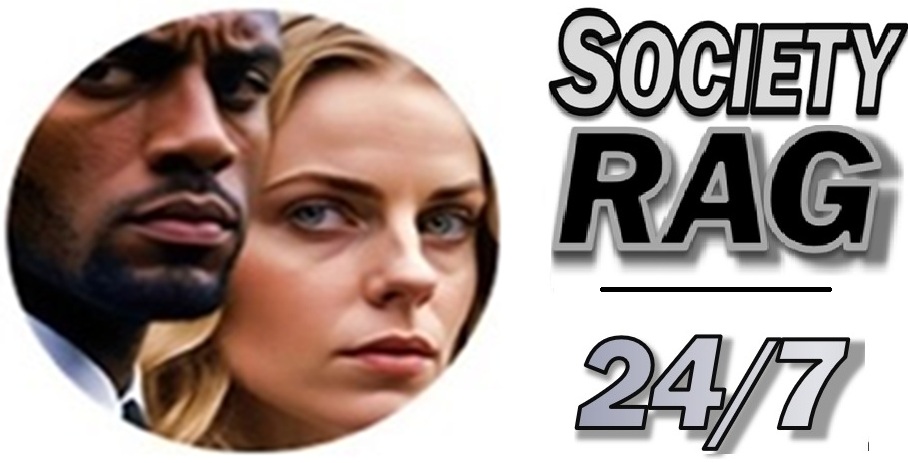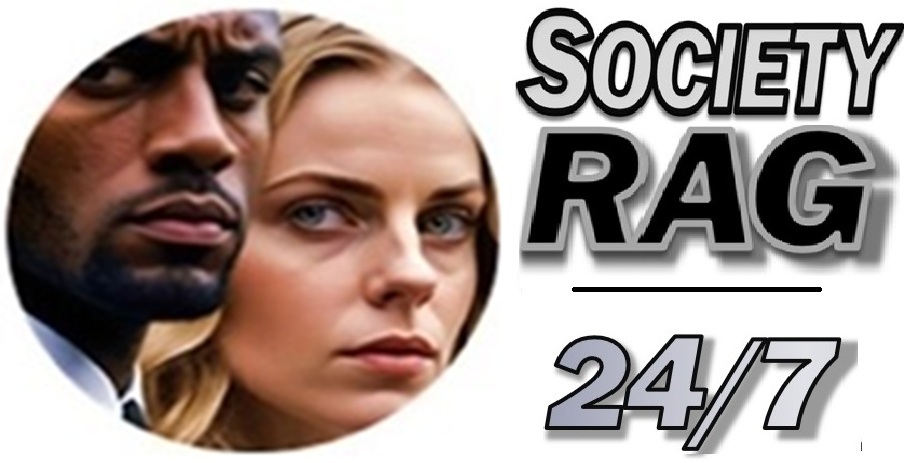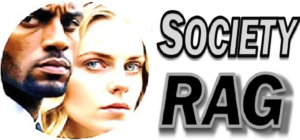The government seems determined to remove everything they consider DEI—celebrations of diversity, equity, and inclusion. Several of the celebrations impacted include Black History Month, Martin Luther King’s birthday, Hispanic Heritage Month, and Women’s History Month.
So, what about St. Patrick’s Day? Is it an example of DEI?
St. Patrick’s Day certainly can be viewed as a celebration that aligns with principles of Diversity, Equity, and Inclusion (DEI). Here’s why:
- Celebration of Immigrant Heritage: St. Patrick’s Day honors the history and resilience of Irish immigrants, who have significantly contributed to societies around the world. This aligns with DEI by recognizing the value of diverse cultural backgrounds and immigrant experiences.
- Inclusivity and Diversity: While traditionally associated with Irish culture, St. Patrick’s Day has evolved into a global celebration that promotes cross-cultural appreciation and inclusivity. Events like the St. Pat’s for All parade in New York City emphasize inclusivity by welcoming participants of all backgrounds, including LGBTQ+ individuals.
- Cultural Exchange and Understanding: The holiday provides an opportunity for people from different cultures to learn about and appreciate Irish heritage, fostering greater understanding and respect for diversity.
However, some critics argue that while St. Patrick’s Day is widely accepted and celebrated without controversy, other cultural celebrations face resistance, highlighting a disparity in how different cultures are valued and recognized.
In summary, St. Patrick’s Day embodies elements of DEI by celebrating cultural diversity and promoting inclusivity, but its broader societal acceptance also raises questions about why some cultural celebrations are more widely accepted than others.



